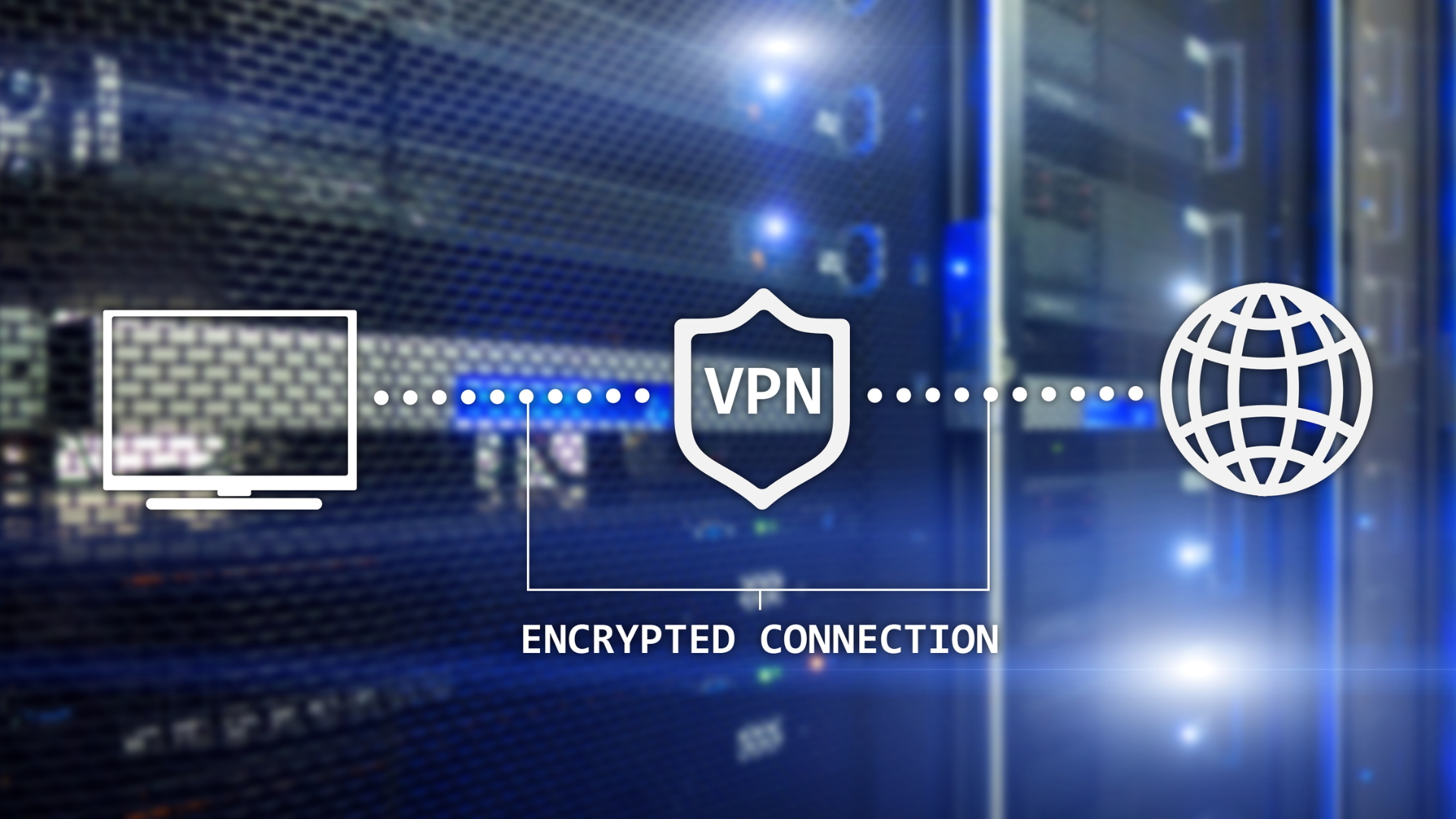

Whether you’re traveling for business or pleasure, it’s protecting your information is important when you’re far from home. Smartphones and online security apps make it easy to keep track of your credit cards and personal information, but if your phone is lost, you might not have access to this information. One way to protect your information is by using a Virtual Private Network (VPN).
Understanding VPN
A VPN is a gateway between your phone and the internet, hiding your IP address and encrypting your traffic. While a VPN service can help you protect your information, it’s important to keep in mind that it alone cannot secure a way to protect your phone.
VPN stands for Virtual Private Network, a service that lets you connect to a network or the internet privately. As many people already know, the internet is not safe. In fact, some websites have been known to collect private data about you without your knowledge. It creates a secure tunnel between you and your information. You connect to a VPN server, and your information is relayed through that server to a location of your choosing.
Benefits of using VPN when traveling
Traveling for business is fun. You get to grow as a person, learn about different cultures, and develop new business relationships, all from the comfort of your hotel room. But traveling for business comes with its share of stress, too. One of the top benefits of using a VPN when traveling is: It allows you to connect to the internet in countries where you need a proxy server. In addition, it acts as a gateway between the Internet and your computer, keeping your Internet activity private. It can also help you bypass content filters by stopping websites from seeing your real IP.
Reading so much about VPNs, you must be wondering what a proxy server is. A proxy server acts as an intermediary between a client (such as a user’s device) and another server or network. When a user requests a resource from the internet, the request is first sent to the proxy server, which then forwards the request to the destination server on behalf of the client. The proxy server receives the response from the destination server and sends it back to the client.
Now, there are free versions of a proxy server that does the job without making the user pay. And as well as paid ones, that offer enhanced security in terms of clean IP addresses. They are considered more secure as they have not been previously used for malicious purposes. It is up to you to research and assess the pros and cons in the free proxy versus paid proxy debate. Perhaps, you might need the extra layer of security to ensure your system is uncorrupted. If that’s the case, then going for a paid proxy is the sensible choice.
There are mainly two kinds of proxy servers: web proxies and socks proxies. Web proxies are used by most Internet users who don’t want their real IP exposed; some examples of this type include datacenter proxies, residential proxies, and shared proxies to name a few. Socks proxies, on the other hand, are primarily used by people running applications that need to access a website’s remote server.
Setting up a VPN for traveling
Our travels often take us to unfamiliar territory, whether a new country or a new city. Some hotels have free Wi-Fi, but as we travel around, we often face the dilemma of connecting to public Wi-Fi or not. Public Wi-Fi puts you and your family at risk, so using a personal VPN to encrypt your data and shield your browsing and banking activities is more important than you may realize.
Traveling overseas? Want to access your favorite Netflix shows, sports, or other content while traveling in countries where it’s not available? Setting up a virtual private network as you travel is a great way to protect your privacy while being on the road.
Traveling abroad can be an exciting experience, but there are some things to keep in mind before you hit the road. When traveling abroad, your priority is to access the internet safely. Downloading files, transferring money, and browsing the web can all be done securely using a virtual private network (VPN). If you’re planning on traveling abroad in the near future, keep reading to learn about the benefits of setting it up when traveling.
Traveling internationally is a great way to experience another culture, but it comes with some risks. You could unknowingly be connecting to a public Wi-Fi network that hackers can use to steal your payment information, monitor your online activity, or even hijack your computer. Even worse, you could unknowingly connect to a network infected with malware that infects your computer, phone, or other devices.
The best way to protect yourself against these risks is to set up a VPN before you travel. It encrypts your data and routes it through a remote server, which masks your IP address. Because your IP address is hidden, hackers can’t steal your payment information, see which websites you visit, or connect to your computer.
